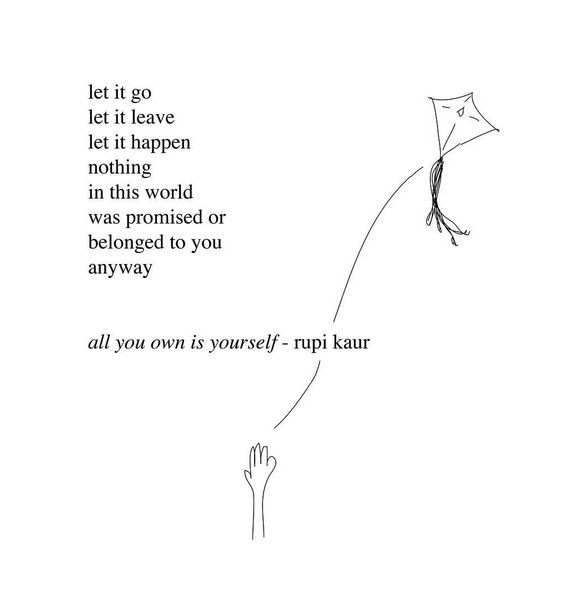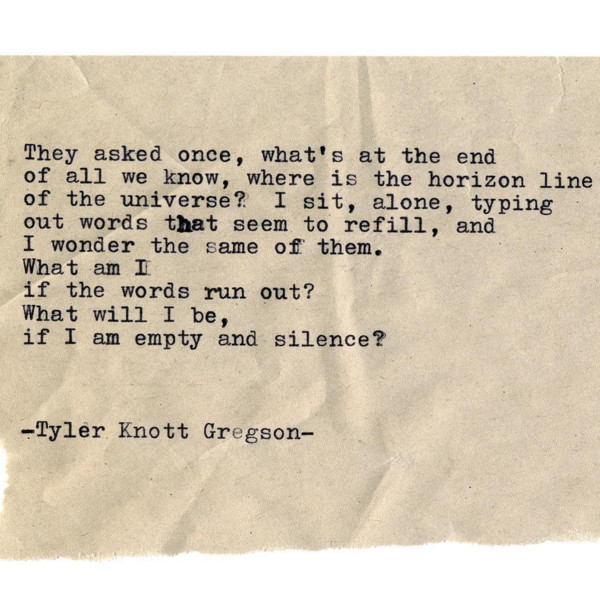By: Monica Aviles
Instapoetry is a form of poetry that rose from social media (Instagram, Twitter, Tumblr). Some famous Instapoets include Rupi Kaur, Atticus, and Tyler Knott Gregson. Many critics say that Instapoetry is not really poetry, but a way to get more followers and gain fame. However, students at Redwood disagree otherwise.
At Redwood, we have a creative writing class, Literature and Expression. In this class, poetry and creative nonfiction are very much involved. Students are able to learn techniques, methods in writing, attend workshops, and improve their skills. Students are able to express themselves and their creativity freely, as well as share their pieces of writing.
Advanced Literature and Expression student, Elizabeth Gormley ’21, has been writing poetry for about two years now. Gormley explains how poetry can be beneficial in numerous ways, “It helps people express their emotions and can also be fun. It’s also a way to relieve stress and it makes people feel accomplished.”
Gormley has never heard about Instapoetry until now, “I can understand that some people who write instapoetry may not necessarily be as experienced in poetry, but I don’t think that means that they aren’t writing poetry. They’re still expressing themselves but in a shorter context.”
With the rise of poetry many skeptics debate whether instapoetry has benefited the poetry community, or stirred a negative image of poetry.
Gormley believes that poetry has grown over the years due to instapoetry since it “allows people to share their poetry to a wider audience. I think poetry has taken a turn for the better.
Instapoetry involves a lot of modern poets who are easier to understand and relate to than older poets, and for me, it makes the reading experience better.”

Her favorite poet, Rupi Kaur, is a wide known instapoet who is recognized by many across social media. Rupi Kaur receives a lot of criticism and hate for her writing pieces, many say that her writing “lacks originality,” or are just “shower thoughts.”
She explains how instapoetry may not be everyone’s preference, “Some people may not like the typically shorter style that these poems have so they probably don’t like instapoetry as a whole. I think that trends change over time, and at this moment Instapoetry is popular. A wide range of people are seeing it, so there is a wider range of criticism.”
“Instapoetry, like all poetry, can be good or bad depending on the opinion of the reader. So, the quality of the poem is up for criticism, but I don’t think that instapoetry itself is bad.” – Elizabeth Gormley
Gabriella Matta ‘21 is also in Advanced Literature and Expression. She has always adored writing, but didn’t get into poetry until freshman year, “Poetry is for everyone; don’t be afraid to try it for yourself.”
Matta’s favorite poets are Olivia Gatewood and Blythe Baird. Matta has also read two of Rupi Kaur’s books. She believes that instapoetry is still poetry because it still “deserves its place in the world of poetry…I think instapoetry, especially Rupi Kaur’s work, has brought poetry into the lives of many people that weren’t previously interested in poetry.”

She describes instapoetry to be short, free verse poems that portray messages that is up for interpretation of the reader than traditional poetry, “It relies heavily on emotional response and the reader’s preconceived notions and personal connection to the poetry.”
Matta strongly agrees that all literature is important, however, thinks poetry “makes more room for creativity, individuality, and emotion in the otherwise serious and academic world of literature. Poetry, of course, can be just as serious as any other piece of literature, but it is unique in the way it is portrayed.”
Like all other forms of literature, Matta believes that instapoetry deserves the same frame of judgement, “I think all writing deserves criticism, but we should be focusing on the content of the text rather than the actual physical form of the text. Of course, the way the text is presented is essential to the reading experience, but it should not automatically determine the quality of the content of the text.”
“All poetry has its place in the world, especially modern poetry…Poetry and literature as a whole have become much more inclusive and accessible to everyone, and to me that means it’s getting better.” – Gabriella Matta
Monica Aviles
Monica Aviles ('21) is a senior, and is in her second year of writing for the arts & entertainment section. The majority of her writing revolves around culture, activism, and different forms of art. Outside of the Gigantea, Monica is on the girl's wrestling team, president of the asl club, and is involved with many other clubs like Red Ink. You can reach her by email at monic.av3959@vusd.us
Tags: social media


I really enjoyed this story, Monica. It’s a very unique topic as it isn’t discussed frequently. I, myself also enjoy poetry so it was nice to read about other students’ perspectives on it. I also like how you added images of some of the poets’ works. Great job.